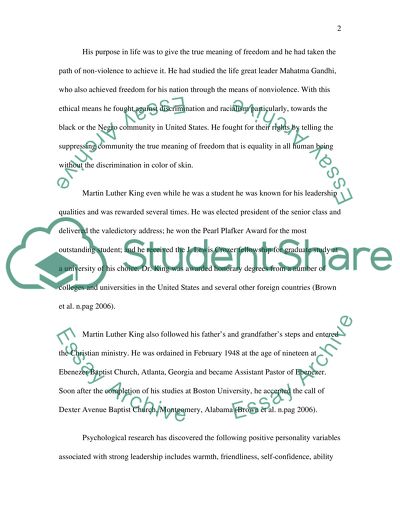Cite this document
(The Uniqueness Of Ethical Leadership Style By Martin Luther King Jr Essay, n.d.)
The Uniqueness Of Ethical Leadership Style By Martin Luther King Jr Essay. https://studentshare.org/biographies/1506627-ethical-leadership-martin-luther-king-jr
The Uniqueness Of Ethical Leadership Style By Martin Luther King Jr Essay. https://studentshare.org/biographies/1506627-ethical-leadership-martin-luther-king-jr
(The Uniqueness Of Ethical Leadership Style By Martin Luther King Jr Essay)
The Uniqueness Of Ethical Leadership Style By Martin Luther King Jr Essay. https://studentshare.org/biographies/1506627-ethical-leadership-martin-luther-king-jr.
The Uniqueness Of Ethical Leadership Style By Martin Luther King Jr Essay. https://studentshare.org/biographies/1506627-ethical-leadership-martin-luther-king-jr.
“The Uniqueness Of Ethical Leadership Style By Martin Luther King Jr Essay”. https://studentshare.org/biographies/1506627-ethical-leadership-martin-luther-king-jr.


